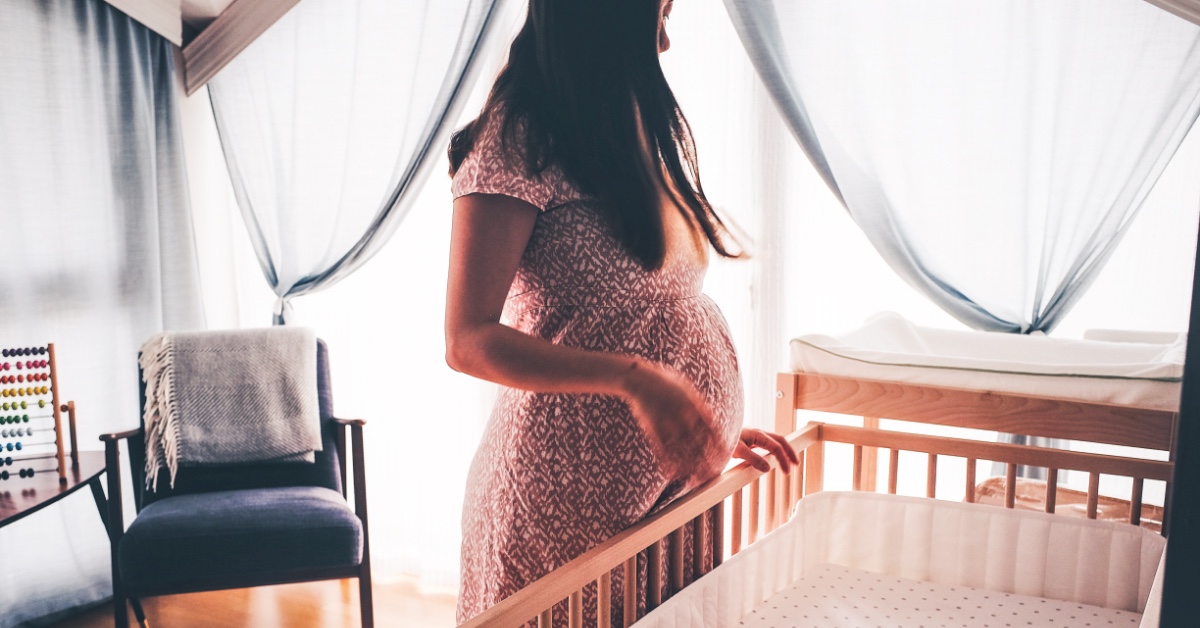It’s true that good genes and the best doctors can spell a safe, healthy, and happy pregnancy—but the World Health Organization says the number one factor of human health is: environment.
Here are three easy ways to ensure that your baby is growing and developing in the most safe and healthy environment possible.
Stress
Infants born to mothers who experienced chronic stress during pregnancy show a higher rate of both mental and physical implications, including hyperactivity disorder (ADHD) or cardiovascular disease.
Additionally, researchers at the University of Zurich found that the physical stress of the mother can change the metabolism in the placenta and influence the growth of the unborn child. Other studies have shown that pregnant mothers with elevated cortisol levels due to stress cause their baby’s frontal lobe to shrink.
Action: Those women experiencing chronic stress during pregnancy are advised to seek help from a therapist who can provide coping techniques and other forms of relief.
However, due to factors outside of a woman’s control, stress may be unavoidable. In this case, Pearl La Marca-Ghaemmaghami, a psychologist and program researcher, assures women that developing a strong bond with your baby after birth can neutralize the negative effects of stress during pregnancy.
Air
Infants born to mothers exposed to air pollution, environmental tobacco smoke, and other chemicals show a higher rate of low birth weight, according to the World Health Organization. Additionally, researchers have found that particles of air pollution can end up in the placenta, increasing a baby’s chances of developing asthma later in life.
Action: Inform yourself about the quality of air in your zip code by daily checking on the Air Quality Index (AQI) report. However, since Americans spend 90 percent of their time indoors, consider adding air purifiers to your home. These systems will remove smoke, allergens, mold, and germs from your air—protecting your growing baby from harmful pollutants.
If the outdoor air quality is unsafe in your zip code, according to daily AQI reports, then stay indoors with the air purifiers on full blast!
Water
Infants born to mothers who were seriously dehydrated can experience serious complications, including neural tube defects and low amniotic fluid. New mothers can then suffer from an inadequate breast milk production.
If you are unsure about the safety of your drinking water (particularly if you are in a rural area and drink well water) it’s easy to get water tested for contaminants, which can cause birth defects.
Action: Pregnant mothers should consume at least 8-12 glasses of water a day.
To get your tap water tested, contact your county health department or your nearest state certified laboratory.
